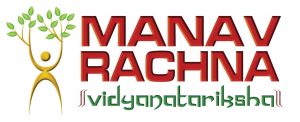Primary Wing
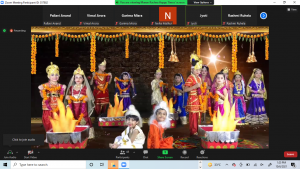
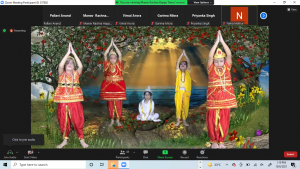
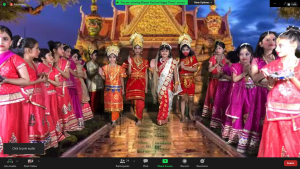
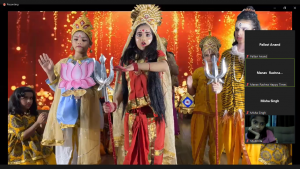
Teaching Methodologies and Pedagogy at Primary level.
To achieve holistic development for students, Manav Rachna International School NOIDA caters to different teaching methodologies helping the students become more independent, intellectual, and responsible citizens of the nation. Our school focuses on child-centric education and offers learning which is both interactive and experimental. We encourage critical thinking and strive for excellence through a diverse and extensive curriculum. Our teachers select the best combination of teaching strategies serving differential education. We offer the students an enriched academic curriculum that covers Language and Literature, Numeracy, Science, and Technological Skills. Along with academics, the inclusion of subjects such as Life Skills, Future Skill and Sustainability, and Robotics help the students to always remain a step ahead of the world. We also offer audiovisual stimuli, hands-on activities, educational tours, workshops, worksheets, projects, and presentations for guiding, educating, and creating awareness among the students. Inclusive education provided at our school is just another jewel added to the crown wherein we focus on the child’s unique potential. Our robust Performing Arts and Sports curriculum seamlessly integrates with and goes beyond classroom learning to the local and global context. Our innovative modules help the students develop their interpersonal skills with unceasing activities developing their reading, speaking , listening and writing skills. We incorporate many methods for effective teaching learning in a classroom environment. Cooperative Learning- As the name suggests, cooperative learning involves a lot of group work. However, it also requires a lot of structure and intervention on the part of the teacher to make learning as effective as possible. Some commonly used cooperative learning strategies include “think-pair-share.” Discussions in small groups or pairs can also be effective, as can a “jigsaw” approach. In the jigsaw model, students are broken into small groups to read or learn from a certain perspective. Then, changing their groups, members spread the information and share it with others.
Flipped Classroom- It is an innovative way to make teaching interesting and interactive. The concept of delivering online lectures that students can view from home to substitute lecturing in the classroom is known as flipped learning. The letters FLIP represent the four pillars included in this type of learning: Flexible environment, Learning culture shift, Intentional content, and Professional educator. This technique, in theory, allows for more time in class to be devoted to active learning rather than instruction. A good education provided to the child works towards creating a well-informed mind, developed creativity and critical faculties, which help them to become empathetic and caring individuals who are committed, global citizens.
